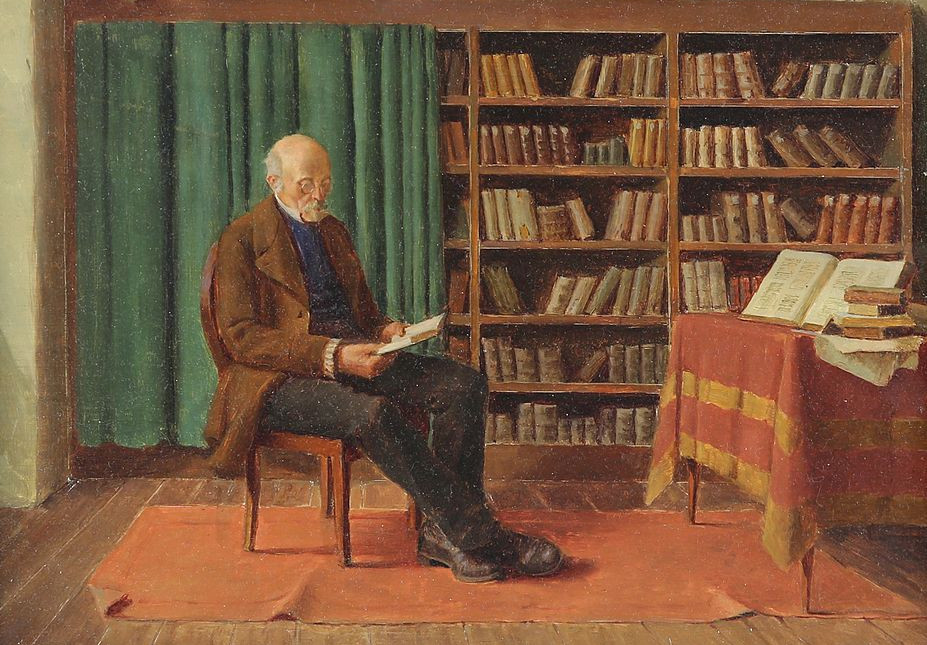
Hence it is that the moral character of a man eminent in letters or in the fine arts is treated, often by contemporaries, almost always by posterity, with extraordinary tenderness. … These friendships are exposed to no danger from the occurrences by which other attachments are weakened or dissolved. … Plato is never sullen. Cervantes is never petulant. Demosthenes never comes unseasonably. Dante never stays too long. No difference of political opinion can alienate Cicero. No heresy can excite the horror of Bossuet. Nothing, then, can be more natural than that a person endowed with sensibility and imagination should entertain a respectful and affectionate feeling towards those great men with whose minds he holds daily communion.
— Thomas Macaulay, An Essay on Francis Bacon, 1837
